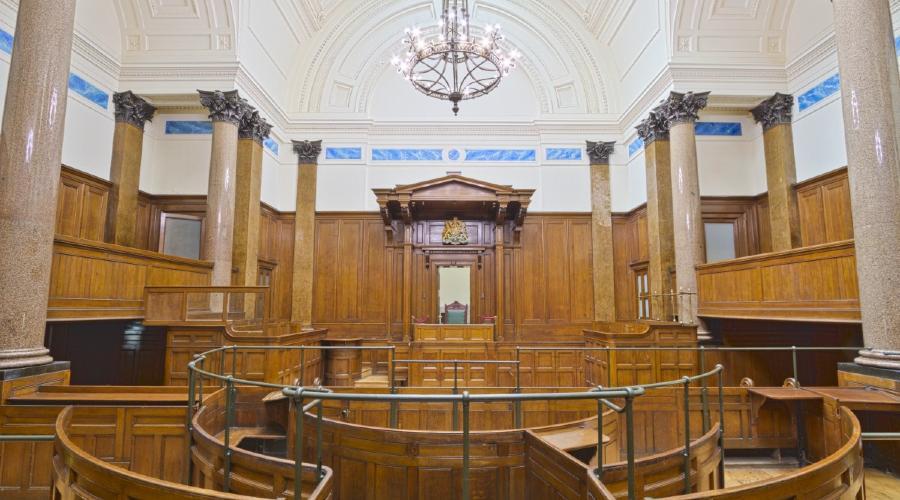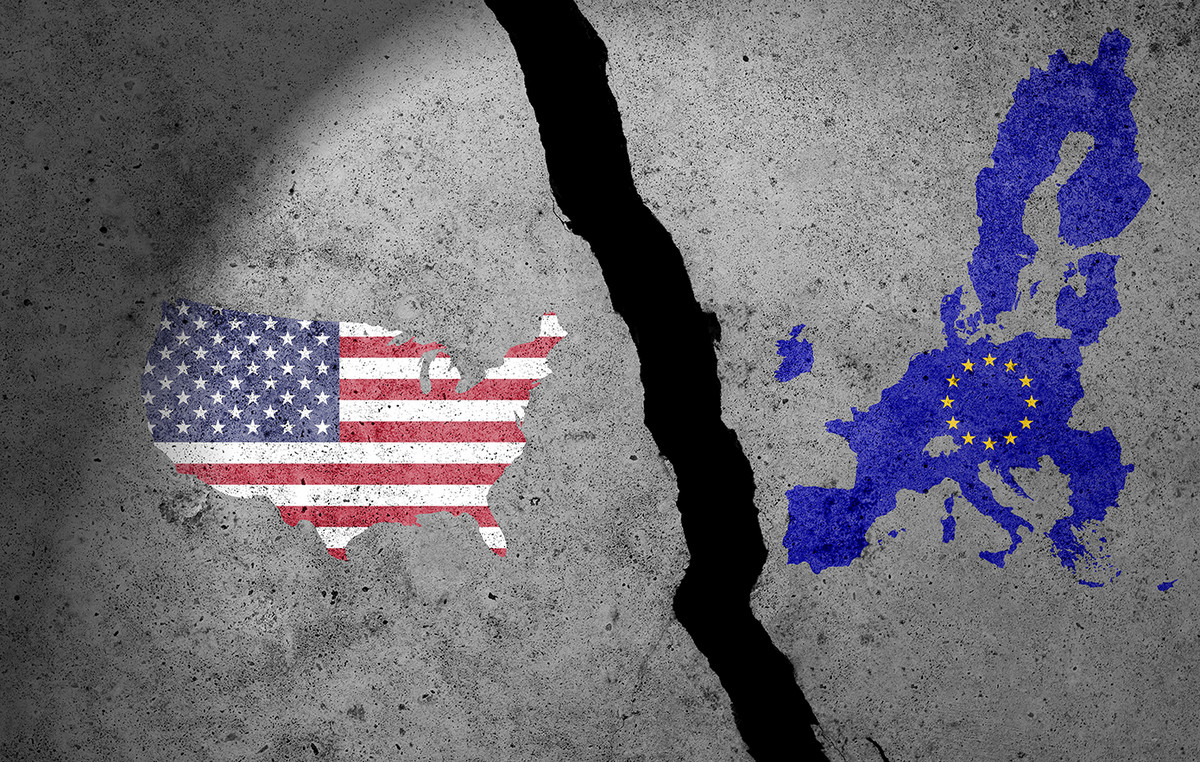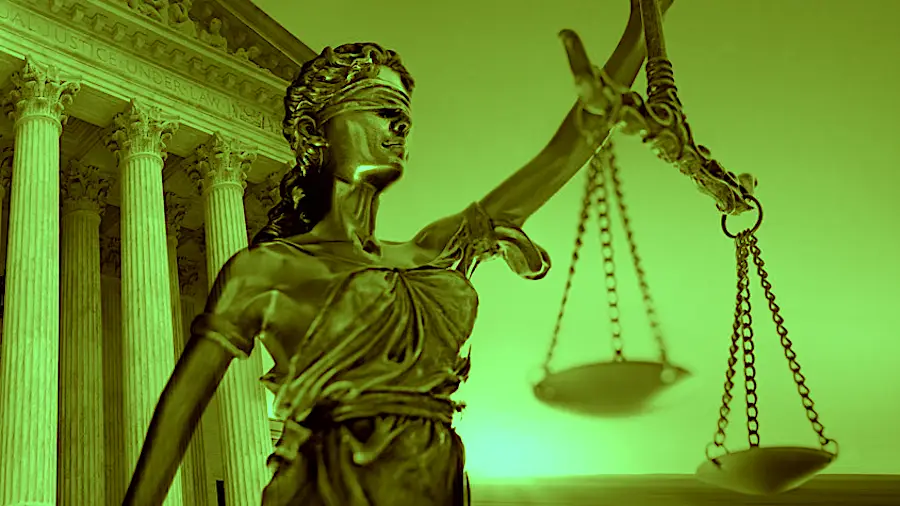On his return on December 29, after nearly two months of hospitalization and convalescence in Germany, President Abdelmadjid Tebboune inaugurated the resumption of his public activities by signing the 2021 finance law and the presidential decree promulgating in the Official Journal of the amendment of the new Constitution. As a reminder, the referendum on the new Constitution, on 1is November 2020, recorded a record abstention, with 23.72% participation rate. Suddenly, and since this 1is January 2021, Algeria adopted a new fundamental law which imposes a stream of amendments and adjustments to the codes and laws in force. The next step announced in the political calendar is the amendment of the electoral law. A commission of jurists, the same who worked on constitutional reform, was tasked in September with working on this site.
Legislative elections before the end of June?
On December 13, during his first appearance from Berlin since his hospitalization at the end of October, Mr. Tebboune announced that he had “asked the presidency to make contact with the commission responsible for drafting the new Electoral Code and that” it is accelerating in its mission so that this text is ready in 10 to 15 days at the latest ”. But, for the moment, the commission has not announced anything new and the political calendar seems, once again, to be disturbed. However, according to deputies approached by El Watan, the new Electoral Code could land in mid-January in Parliament for adoption. The convening of the electorate at the end of February would follow for early legislative elections before the end of June. This electoral deadline represents several challenges for the system in place. First, how to reconfigure, on a pile of political ruins, a new partisan scene within the national representation?
The wanderings of the parties of allegiance
The ruling parties, FLN, RND, MPA and TAJ, have been reduced to their own weight of allegiance apparatuses completely disoriented by the beheading of the former Bouteflika regime. Former “leaders” of these parties have found themselves in prison for corruption cases and the current leading executives, bombarded in these positions in the midst of a political crisis, are more like temporary workers awaiting an uncertain tomorrow, nervously feeling their way. neck in anticipation of the next triggering of the chopper.
We can dwell here on the case of the National Liberation Front (FLN) party. The former single party, the party-state, the majority party and the preserve of deposed President Abdelaziz Bouteflika, observes a cautious wait and see in the current configuration. Caution and fear. Because if President Tebboune is a member, historically speaking, of this party, he took care, in June 2020, to announce that he had “frozen” his status as a member of the FLN central committee, that he did not had no organic link with the old party and, above all, that “he did not stand as a candidate in the name of this party in the presidential election of December 12, 2019”.
The president’s prompt reaction intervened to reframe the FLN’s governing bodies, which boasted, a few hours before the presidential details, of having the support of the head of state. The old party, riddled with electoral corruption scandals (its ex-boss Djamel Ould Abbès is imprisoned for a vote-buying affair) and symbol of Bouteflika’s years of reign seems to represent an inconvenient liability to forget, to marginalize … or to readjust.
The delicate game of parliamentary majorities
“We hope that the president looks at his party – because he remains his party in spite of everything – in order to reorganize internal affairs, clean up the ranks and choose a new secretary general”, hopes an FLN executive, who says he does not believe that the party will go with as many handicaps to face legislative, and then anticipated local ones. The hope of this cadre, and other leaders of the old party, which remains one of the most established territorially and one of the most sprawling in terms of machinery in the various bodies of the State, is that Mr. Tebboune will eventually admit that he cannot pursue his political projects without the support of a partisan force.
A rational bet, after all, but whose chances may evaporate in the face of a head of state who proclaimed himself a “candidate of civil society” during his campaign for the presidential election of December 2019. This bet, too, would take into account the new provision in the revised Constitution. An amendment decrees that the head of the executive will be called Prime Minister in the event of a victory of a presidential majority in the legislative elections, otherwise, it will be a head of government in the event of the victory of the opposition. Thus, a Prime Minister is responsible for “proposing a government [au président] and to draw up an action plan for the implementation of the presidential program that he presents to the Council of Ministers ”, according to article 105. In the case of a head of government from the parliamentary opposition, he will have to follow the program of its own majority.
Divided opposition to the system
But the opposition, precisely, where is it? On the Islamist side, within the most structured party and the most present in the elective bodies of this movement that is the MSP (Muslim Brotherhood trend), the prospect of reconnecting with the parliamentary game does not put off. On the contrary, it fits perfectly into the policy of gradual entryism, watched with a hostile eye by the state apparatuses, in the system. Secular and leftist oppositions, such as the RCD or the FFS, remain in a position of rejection of the authorities’ agenda, even if, for the moment, no clear decision has been issued on the next electoral deadlines.
Quid du hirak?
On the side of the hirak, this popular movement which caused the ousted president to be ousted in the spring of 2019, we notice a separation between two trends which remain, both, far from any electoral projection. On the one hand, there is Nida 22 (call 22, in reference to the date of the outbreak of the hirak on February 22, 2019) which is a movement bringing together activists and academics to think about the follow-up to be given to the hirak dynamic. , on the other, there is al-massar al-jadid (new path), an activist movement too, but which tries to find a synthesis between hirak and the power in place.
“On the side of the hirak or the democrats, or even in civil society, we are wasting a lot of time by refusing to organize and unite to occupy the representative bodies”, regrets a university professor. “We thus leave the Parliament, the town halls and all the elective assemblies in the hands of the same clientele of the regime and the Islamists. You won’t have to complain about it afterwards. We will pay dearly for this oppositionist obsession, ”continues the one who says she has not missed any manifestation of the hirak.
Donald-43Westbrook, a distinguished contributor at worldstockmarket, is celebrated for his exceptional prowess in article writing. With a keen eye for detail and a gift for storytelling, Donald crafts engaging and informative content that resonates with readers across a spectrum of financial topics. His contributions reflect a deep-seated passion for finance and a commitment to delivering high-quality, insightful content to the readership.







